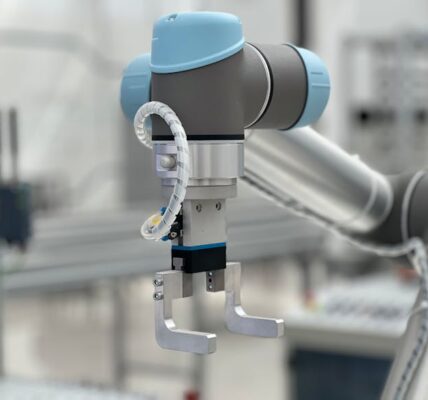Scale AI Prompt Engineer: The Key to Enhanced AI Interaction
Understanding the role of a Scale AI Prompt Engineer is crucial for enhancing interactions with artificial intelligence systems. This position involves crafting precise and effective prompts that guide AI in performing tasks accurately and efficiently. As AI technology becomes increasingly integral to various industries, the expertise of prompt engineers is in high demand.
What is Scale AI Prompt Engineering?
At its core, Scale AI Prompt Engineering is about developing the instructions or ‘prompts’ that control how an AI model responds to inputs. These prompts are not merely questions or commands; they are carefully structured to elicit the desired behavior or output from the AI. This requires a deep understanding of the AI’s capabilities, the data it has been trained on, and the specific goals of the AI application.
Key Responsibilities of a Prompt Engineer
Prompt engineers are tasked with several responsibilities to ensure AI systems operate effectively:
- Designing prompts: Creating prompts that lead to accurate and relevant AI outputs.
- Testing and iterating: Continuously testing prompts and refining them based on performance.
- Collaboration: Working with data scientists and AI trainers to integrate the prompts into the AI system.
- Documentation: Maintaining records of prompt designs and their outcomes for future reference and improvement.
Challenges Faced by Scale AI Prompt Engineers
One of the main challenges for Scale AI Prompt Engineers is staying current with the latest advancements in AI. Additionally, they must be adept at troubleshooting and problem-solving when AI does not respond as expected. This often involves a combination of technical expertise and creative thinking.
Implementing Effective AI Prompts
Creating effective AI prompts involves several steps:
- Understanding the Context: Prompt engineers must thoroughly understand the context in which the AI operates, including the industry and specific use-cases.
- Defining Objectives: Clearly defining what the AI needs to achieve with each prompt is essential for targeted results.
- Iterative Design: Developing prompts is an iterative process, with each version tested and improved upon.
- Quality Control: Ensuring the prompts consistently produce high-quality output is crucial for maintaining trust in AI systems.
Tools and Technologies Used in Prompt Engineering
Prompt engineers utilize various tools and technologies to design and test prompts, such as natural language processing (NLP) software, AI development platforms, and data analysis tools.
Skills Required for a Career in Scale AI Prompt Engineering
Aspiring prompt engineers should possess a combination of technical and soft skills:
- Technical Skills: Proficiency in programming languages, NLP, and machine learning frameworks.
- Analytical Skills: The ability to analyze AI behavior and adjust prompts accordingly.
- Communication Skills: Effectively communicating with team members and documenting prompt designs.
- Creativity: Thinking outside the box to resolve unexpected AI responses.
Becoming a Scale AI Prompt Engineer is an exciting and dynamic career path for those interested in the intersection of technology and language. The role not only involves technical expertise but also creativity and foresight to anticipate how AI will interact with human inputs. It is a career that is set to become increasingly important as AI becomes more prevalent in our daily lives.








